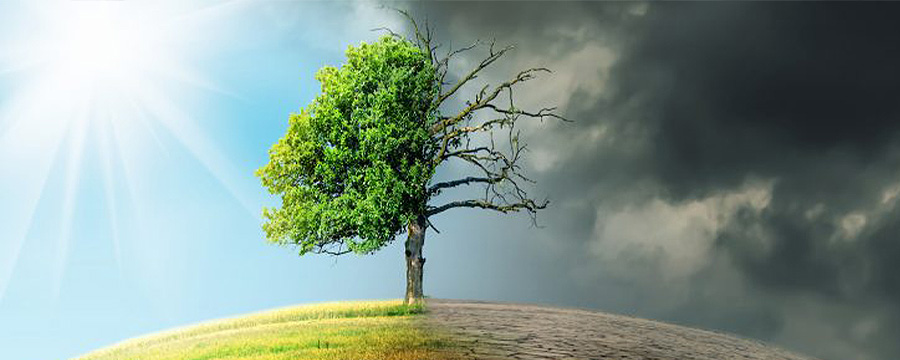#NA-02-02 Tipping Points: Climate Change and Society
About Course
University of ExeterDescription
Explore the possible future of Earth
A tipping point occurs when there’s a shift in the state of a system towards a new equilibrium. We’re now facing tipping points in our climate system that could accelerate the dangerous effects of climate change. Natural systems will change, as will human systems. In future we could see the collapse of the West Antarctic Ice Sheet, dieback of the Amazon or droughts across the Sahel but also behavioural changes and regional warfare.
On this course you will explore the concept of tipping points from an interdisciplinary perspective, discovering their role in climate change and the future.
What topics will you cover?
Tipping Points in the Natural World
- What are ‘tipping points’?
- Recognising early warning signals for major tipping points
- Tipping points in the climate system – Arctic, Amazon and Circulation systems
Tipping Points in the Human World
- Tipping Points and policy
- Links between tipping points and social systems – Syrian droughts and conflict
- Positive tipping points – influencing behavioural change and collective action
Who will you learn with?
Professor Tim Lenton is Chair in Climate Change/Earth System Science at the University of Exeter. His research focuses on understanding the behaviour of the Earth as a whole system.
Senior Lecturer at The University of Exeter specialising in Glaciology, GIS and Remote Sensing
Educator on Climate Change: Challenges and Solutions
Find me on twitter @DamienMansell
PhD student researching the impacts of climate change on our world
Course producer for University of Exeter Global Systems Institute @LTaylor1995
Who developed the course?
The University of Exeter is a Russell Group university. It combines world-class research with very high levels of student satisfaction.
What Will I Learn?
- Explain what a tipping point is
- Explore the potential for tipping points to drastically change the climate system
- Apply your knowledge of tipping points to the Arctic, Amazon and circulation systems
- Investigate how tipping points might affect your life
- Debate the relevance of using ‘tipping points’ to shape policy
- Discuss the concept of tipping points in relation to social systems
Topics for this course
Core Principles of Tipping Points
How do you interpret the phrase ‘tipping points’?
Introducing Tipping Points00:04:33
A new stable state
How do we recognise a tipping point?
Tipping Points in the Climate System
End of Course
Informative and visually engaging. Lectures never got boring and gave a good overview of the issue.
It gave very basic insights about the topic which we sometimes tend to ignore and not give attention too.
I have finished the course and the assignment.This course is very interesting.I have learnt a lot concerning Climate Change and Green infrastructure.I have more knowledge and uderstanding of the course.I appreciatesand thanks my Tutor.






